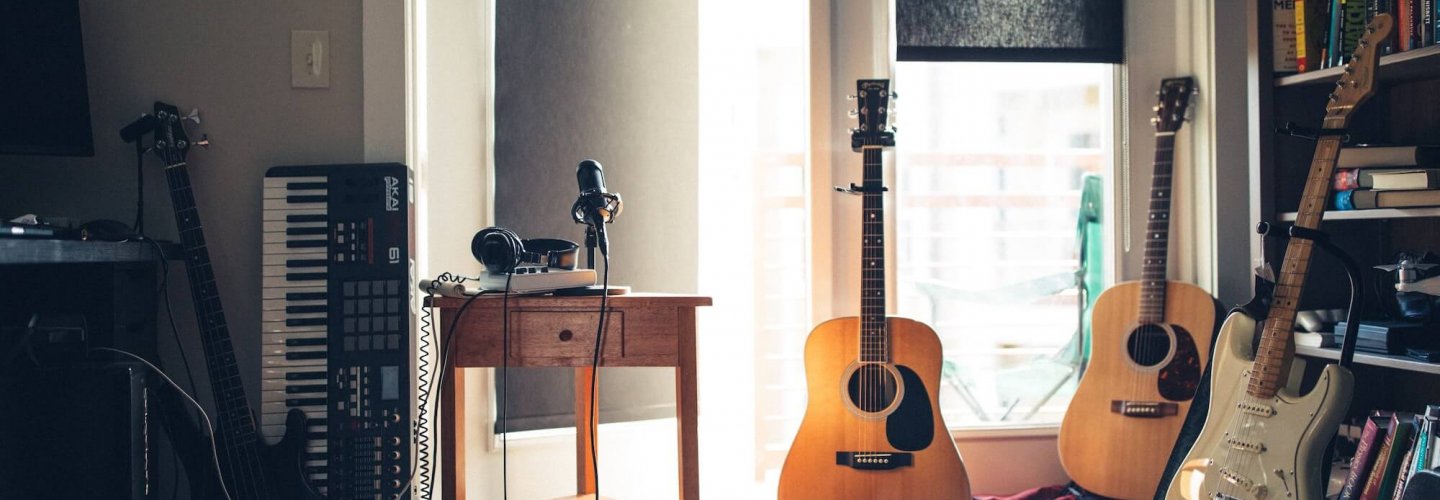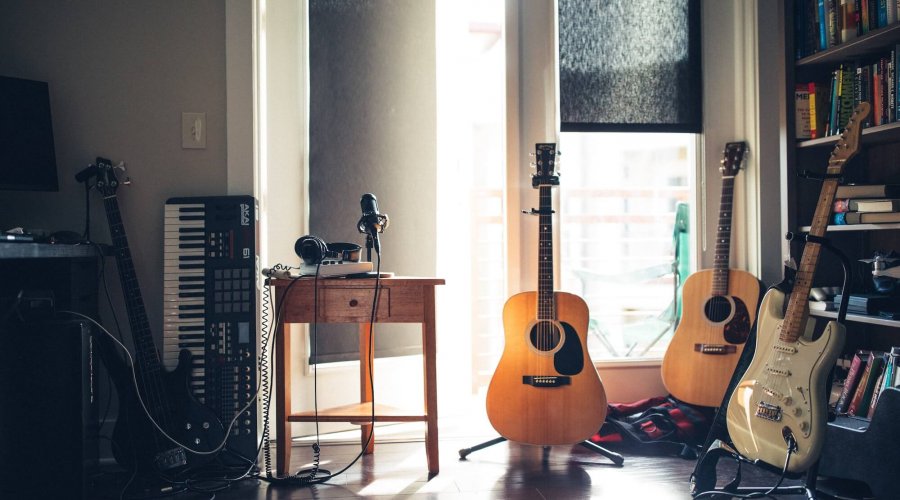With the global Coronavirus (COVID-19) pandemic, we are in uncharted territory in many aspects of our lives. Within the music industry, we have seen this start to affect a lot of artists and businesses especially within live music. Many festivals have now been postponed including SXSW, Glastonbury, Coachella and Liverpool Sound City. Numerous artists are having to cancel or postpone their gigs and tours for the foreseeable future. Global concert promotion company Live Nation has also seen its share price plummet in recent days.
Across the film and television industries, production has also started to slow down. Upcoming blockbuster films such as “Mulan”, “Black Widow” and the 25th film in the James Bond franchise “No Time To Die” have all been postponed. Dozens of tv series have halted their production too across traditional networks, cable TV and studios like Netflix, Apple TV+ and Hulu.
There are many unknowns at this moment in time, but what is essential is that we all look after each other and keep ourselves safe. While many countries are going into lockdown and will remain there until further notice, the future can look uncertain. We always strive to find positives in any situation and keep moving forwards. Here are some of our thoughts on how musicians and songwriters can keep earning revenue at this difficult time.
- A recent Nielsen report stated that “staying put in our homes can lead to almost a 60% increase in the amount of content we watch”. Within the sync licensing landscape, if you’ve already had your music used in a film or TV show, it’s possible you may see an increase in the performance royalties for that song as more people turn to platforms like Netflix and Amazon Prime to keep occupied.
- Furthermore, we may see the same pattern emerging with audio streaming and digital downloads as more people are staying at home and look to consume more music. As a songwriter, the songs you’ve written that are available on digital platforms will continue to earn mechanical royalties.
- Songwriters could use this time to learn something new about their craft. You can practice new instrument techniques, learn how to produce your own music using software or just get writing new songs. You could also take the time to listen to new music and find some new artists that inspire you.
- Instead of having co-writing sessions in person or at the studio, you could look at setting up remote sessions via Skype, Google Hangouts or something similar. You can send demos to your co-writer(s) via email and work on songs this way, too. We know this doesn’t perfectly replicate the process of writing with other people, but it’s at least a way to keep ideas flowing for the time being.
- Continue to connect with your fans on social media. One idea is to start doing Instagram live videos to do things like acoustic sessions or Q&A’s with your fans. Make sure you give your fans plenty of notice by putting out there what time you’ll be going live and on which platform. As well as this, you can start planning your social media content for the future and work out what type of posts work best across different platforms like Facebook, Instagram, TikTok, Youtube and Twitter.
- Support your fellow musicians during this time. Encourage your own fans to discover music from your peers and your own favourite artists. You can do this across your social media too by tagging the artists in your posts.
We know that these are difficult times that we are in, but we hope that the music community will continue to support and encourage each other. In the meantime, if you’d like to learn more about music publishing, check out our independent songwriters’ guide to music publishing.

